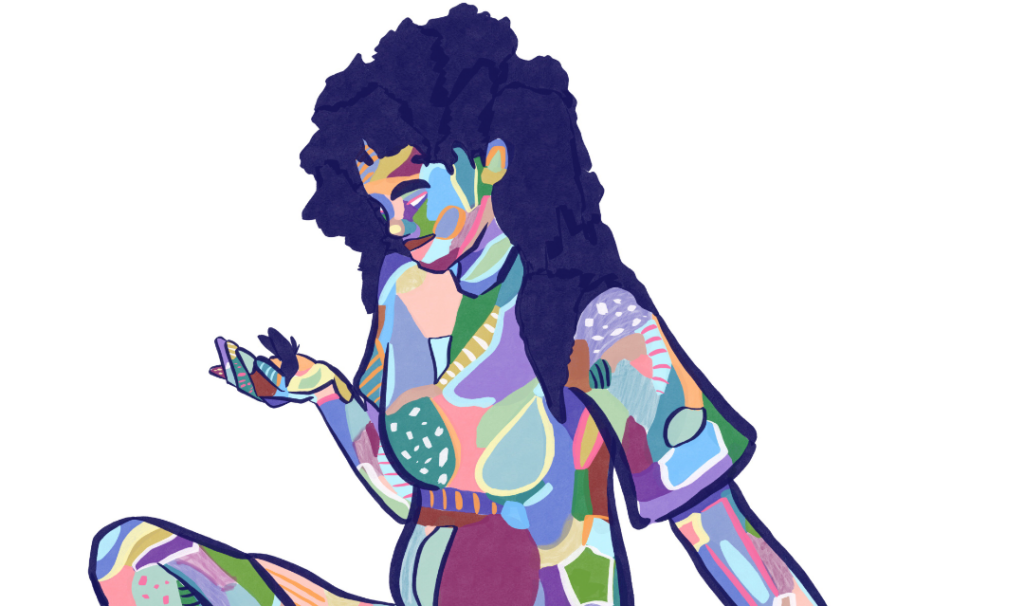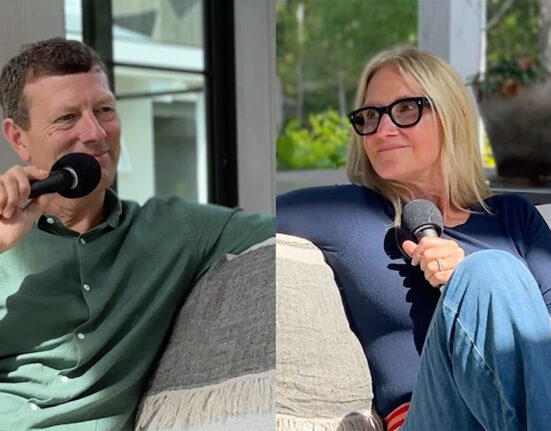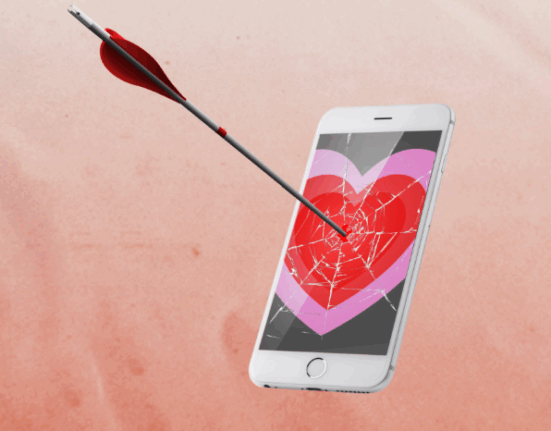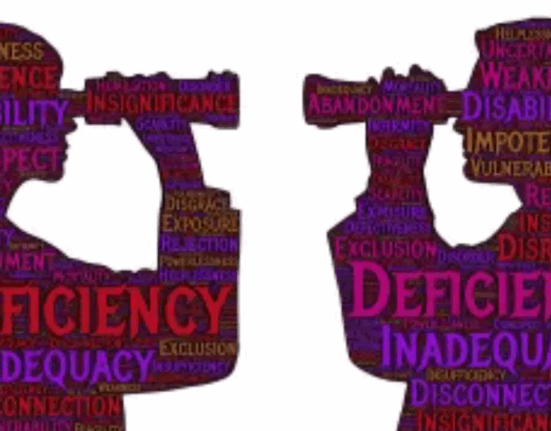Last Updated on February 13, 2024 by Rachel Hall
- How To Make Sure That life in the Love Bubble in the Early Days of a Relationship Goes on to Form Long-Lasting Happiness
- Step one: acknowledge the similarities and differences between you
- Step two: don't ignore red flags
- Step three: introducing your partner to your friends
- Step four: becoming a patchwork person
- Step five: allow your partner to be their own person
- Conclusion
How To Make Sure That life in the Love Bubble in the Early Days of a Relationship Goes on to Form Long-Lasting Happiness
New relationships are for three things: sex; awkwardly avoiding farts; and more sex. When you have a new partner, it’s easy to make mistakes — whether you’re repeating bad habits from previous partners; not setting clear boundaries or confusing red flags with differing expectations. So while you’re in the honeymoon phase, make sure you’re setting things up to create a happy and healthy long-term relationship. You don’t want to spend your entire life with someone who doesn’t share your core values or just feels like the wrong person. Here are some things to try to give yourself the best chance at a happy relationship.
Step one: acknowledge the similarities and differences between you
I find that people often try to base relationships on mutual interests instead of chemistry, core values and life goals. I have similar interests to lots of people, and whilst that can lead to interesting conversations, it doesn’t mean I want to settle down with them. The right person might not share your hobbies, and that’s fine. There are other things which are more serious and will have an effect on a long-term relationship. For example, sexuality, gender identity, ethnicity and religious background, and other major differences. You don’t have to form relationships with people of a similar class and racial background, but you do have to understand how this will affect your life together. It’s a good idea to talk about these things and know that it’s not a one-off conversation but an ongoing dialogue where honesty and understanding are extremely helpful. This way you and your partner can meet each other’s emotional needs and solve problems together.
There are plenty more “big conversations” new couples need to have. You shouldn’t rush these talks — they’re not for the second date — instead, see how much you like your new beau, and if you see a future, then sit down together and ask important questions. Would you like kids? Or to get married, change careers, or move away? There are plenty of important things to know about your new partner. Don’t assume any answers, and make sure you practice active listening. There can be a lot of pressure to say the right thing. If you aren’t sure of anything yet, be honest about that, too. These chats can be awkward, but ultimately there’s a sense of emotional intimacy.

Step two: don’t ignore red flags
New relationships give people a rush of brain chemicals — or the dopamine rush of a new relationship. It’s lovely! Of course, this doesn’t mean there won’t be conflict at some point. As much as we play up our best qualities on dates, in the long run, it’s better to be clear about who you are and, in turn, realistic about the person you’re seeing. Look out for warning signs, like them trying to hurry through relationship “milestones” or making rash decisions without talking to you. There are toxic people and unavailable people and, unfortunately, you might date some of them. Move at a slower pace, enjoy things and make sure you’re treated respectfully.

Step three: introducing your partner to your friends
As a best friend, it’s often fun to meet someone’s new partner. You’ve usually heard lots about your friend’s love life, and now you can sort the facts from the fiction. However, there’s no denying that friends can be biased and make mistakes. Friends are a crucial part of your real life, and it’s good if they get along with your significant other. According to an article in Psychology Today, “parading” your partner in front of your friends is one of those relationship mistakes which happens frequently and can be bad for the relationship. Remember that your friends (and the rest of your support system) have a skewed view because of what you’ve told them and the first in-person impression your partner gives. Your friends have their own opinions, and if they choose to share their thoughts, remember their biases.
Step four: becoming a patchwork person
I like to think that there’s a bit of myself in other people and a bit of me in them. I smile like my brother and introduced my boyfriend to his favourite band. My friend taught me self-care, and my favourite book was a gift from my last relationship. Relationship experts call this the “inclusion of other in self” model, but what it means is meeting new people means we try new things. Couples get to do all sorts of different activities, and even if the relationship doesn’t last, you can be grateful for the experiences. Don’t try to change for a new relationship completely. Couples don’t have to share everything. If your partner wants to go hiking, and you try it and hate it, don’t go again. Don’t forget about your own interests just because you’re seeing someone, and in fact, in a healthy relationship, you should do your own thing sometimes, without guilt or negative feelings.

Step five: allow your partner to be their own person
A lot of people have an idea of the sort of person they want to date, and this can rob the actual person of agency and cause problems. You might decide that you want a spouse, someone who will have children with you, and slot neatly into your life. The thing is, other people have their own ideas and things won’t always go exactly as you plan. Show appreciation for the person they are, instead of trying to mould them into the person you want them to be. Otherwise, you’ll have problems when they disagree with your great idea. Take your partner’s feelings into consideration, and understand that they have their own issues, and history and that you are different people. Acknowledging a person’s flaws and complexities doesn’t mean you won’t be in a loving relationship.
Conclusion
There are plenty of common relationship mistakes. When you get to know someone and learn their habit, you’re likely to encounter a conflict. Allowing your dating partner to be who they are is vital for a healthy relationship, and means you can fall in love with an authentic person and build a happy, committed relationship.

Rachel Hall, M.A., completed her education in English at the University of Pennsylvania and received her master’s degree in family therapy from Northern Washington University. She has been actively involved in the treatment of anxiety disorders, depression, OCD, and coping with life changes and traumatic events for both families and individual clients for over a decade. Her areas of expertise include narrative therapy, cognitive behavioral therapy, and therapy for traumatic cases. In addition, Rachel conducts workshops focusing on the psychology of positive thinking and coping skills for both parents and teens. She has also authored numerous articles on the topics of mental health, stress, family dynamics and parenting.








Leave feedback about this